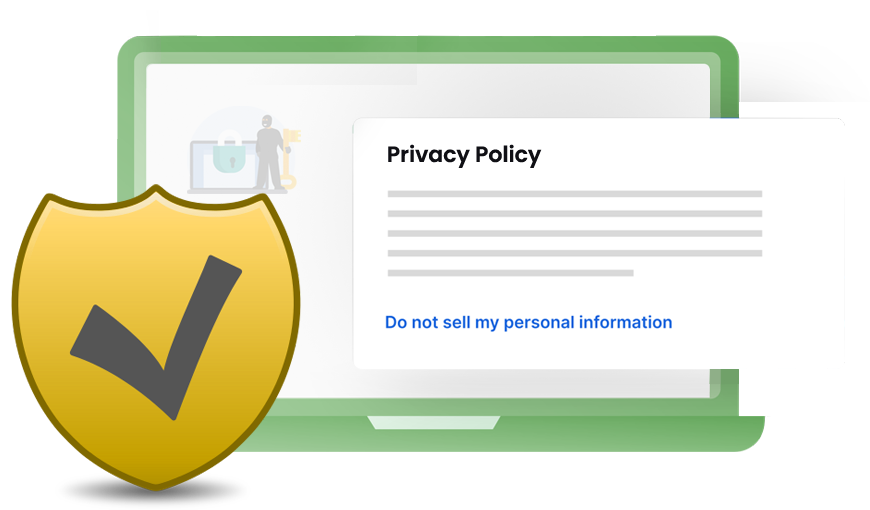Gain Customer Trust with Data Compliance
Bring your website compliance with accurate policies and options for your website visitors to control their data.

Do I need to be compliant?
Yes, your website does need a privacy policy to be compliant. This policy is necessary to protect both you and your users, and help you meet industry regulations and standards. Your privacy policy should cover how your website collects and processes data, how you use any third-party services and applications, how you store and share personal information, how users can exercise their rights over their data, and other relevant details.


Implement a “Cookie Consent” Opt-Out Notice
Data compliance guidelines require businesses to protect the customer’s right to opt-out of the collection of their data, including the sale to 3rd parties. This information includes data collected through cookies.
Importance of a Privacy Policy
Your website should include an UTD privacy policy. Your policy should outline what information is collected, how it is used, the customers rights, and how the customer can contact you to limit their data collection.

Limited Time Data Compliance Bundle Discounted
Cookie Policy Consent Pop-up
$149
Cookie Policy Consent Pop-up
configured and tested for compatibility with your current website.
CA Privacy Policy
$99
CA Privacy Policy written to cover your business information and contact preferences.
Compliance Bundle Pricing Price $347.00 Website pricing
Special Pricing*
$347.00 $299.00
 760.530.6207
760.530.6207 info@elocalsolutions.com
info@elocalsolutions.com